Such a nice environment to be around in. It felt like they really care about their clients and are willing to do a lot to help them.
About Garrett County Lighthouse
Garret County Lighthouse features a Residential Rehabilitation Program (RRP) to you and your family with flexible forms of treatment during your stay that incorporates community activities and skill training into your individualized program of care. They’re based in Oakland, Maryland.
Garret County Lighthouse Features Onsite Staff
I find it reassuring to know that on-site staff is available to you, once you’ve been admitted, forty hours per week and will provide each client with medical monitoring, transportation and support services for aftercare including assistance with finances, securing housing, cleaning and meal prep for your transition to independent living post residency.
Services are provided to those aged 18 and older with flexible payment options including Medicare/Medicaid, self-pay options, sliding scale, private insurance and IHS/Tribal/Urban payments.
Community Integration is Intrinsic to Care
I like that their treatment programs are holistic and are approached with a co-occurring focus on mental health care and substance abuse treatment and recovery. I also love that community integration is a main focus of their program in that they offer care and support resources outside of the facility to assist you in aftercare support and transition.
They also highlight empowering each individual to continue their journey through successfully integrating into a sober living lifestyle back into their community.
Located in Oakland, there are many cultural areas and locations that provide you with calming environments to support your healing process including the Garrett County Historical Society Museum, which provides walking tours encapsulating the rich history of Oakland including various landmarks.
They’re also located near the Oakland Town Park, which offers a 400-acre park to explore, complete with water for swimming, a sandy beach to relax on and various other outdoor activities to partake in.
Latest Reviews
Rehab Score
Gallery
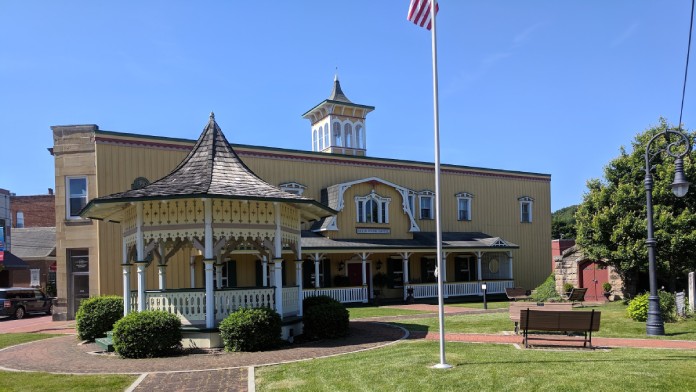
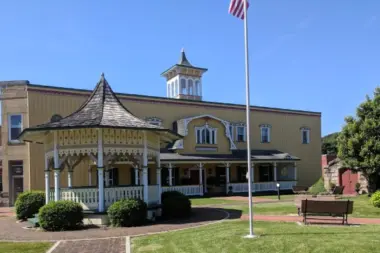
Other Forms of Payment
Self-pay involves paying for treatment out of your own pocket. You can use savings or credit, get a personal loan, or receive help from family and friends to fund your treatment. If you don't have insurance or your insurance plan doesn't cover a specific program, self-pay can help ensure you still get the care you need.
Medicaid is a state based program that helps lower-income individuals and families pay for healthcare. Medicaid covers addiction treatment so those enrolled can use their coverage to pay for rehab. When a program accepts Medicaid the client often pays very little or nothing out of their own pocket.
Medicare is a federal program that provides health insurance for those 65 and older. It also serves people under 65 with chronic and disabling health challenges. To use Medicare for addiction treatment you need to find a program that accepts Medicare and is in network with your plan. Out of pocket costs and preauthorization requirements vary, so always check with your provider.
Addiction Treatments
Levels of Care
Outpatient Programs (OP) are for those seeking mental rehab or drug rehab, but who also stay at home every night. The main difference between outpatient treatment (OP) and intensive outpatient treatment (IOP) lies in the amount of hours the patient spends at the facility. Most of the time an outpatient program is designed for someone who has completed an inpatient stay and is looking to continue their growth in recovery. Outpatient is not meant to be the starting point, it is commonly referred to as aftercare.
Completing a drug or alcohol rehab program shouldn't spell the end of substance abuse treatment. Aftercare involves making a sustainable plan for recovery, including ongoing support. This can include sober living arrangements like halfway houses, career counseling, and setting a patient up with community programs like Alcoholics Anonymous (AA) or Narcotics Anonymous (NA).
Treatments
Mental health rehabs focus on helping individuals recover from mental illnesses like bipolar disorder, clinical depression, anxiety disorders, schizophrenia, and more. Mental health professionals at these facilities are trained to understand and treat mental health issues, both in individual and group settings.
Programs
Adult rehab programs include therapies tailored to each client's specific needs, goals, and recovery progress. They are tailored to the specific challenges adult clients may face, including family and work pressures and commitments. From inpatient and residential treatment to various levels of outpatient services, there are many options available. Some facilities also help adults work through co-occurring conditions, like anxiety, that can accompany addiction.
Young adulthood can be an exciting, yet difficult, time of transition. Individuals in their late teens to mid-20s face unique stressors related to school, jobs, families, and social circles, which can lead to a rise in substance use. Rehab centers with dedicated young adult programs will include activities and amenities that cater to this age group, with an emphasis on specialized counseling, peer socialization, and ongoing aftercare.
Clinical Services
In individual therapy, a patient meets one-on-one with a trained psychologist or counselor. Therapy is a pivotal part of effective substance abuse treatment, as it often covers root causes of addiction, including challenges faced by the patient in their social, family, and work/school life.
Amenities
-
Private Setting
Staff & Accreditations
Staff

Amy Jones
Executive Director
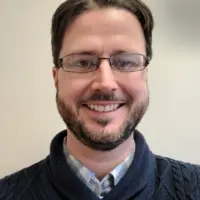
Mathew Foley, CPRP
Director of Behavioral Health Services
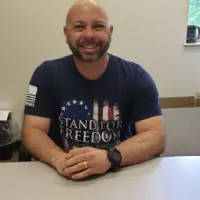
Benjamin Jeffreys
Director of Health Care Quality
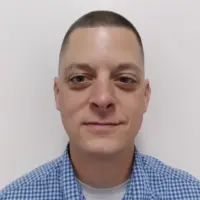
Cody Kroll
Director of Residential Rehabilitation and Crisis Services
Accreditations

The Commission on Accreditation of Rehabilitation Facilities (CARF) is a non-profit organization that specifically accredits rehab organizations. Founded in 1966, CARF's, mission is to help service providers like rehab facilities maintain high standards of care.
CARF Accreditation: Yes
Accreditation Number: 259931

State Licenses are permits issued by government agencies that allow rehab organizations to conduct business legally within a certain geographical area. Typically, the kind of program a rehab facility offers, along with its physical location, determines which licenses are required to operate legally.
State License: Maryland
Contact Information
20 East Oak street
Oakland, MD 21550